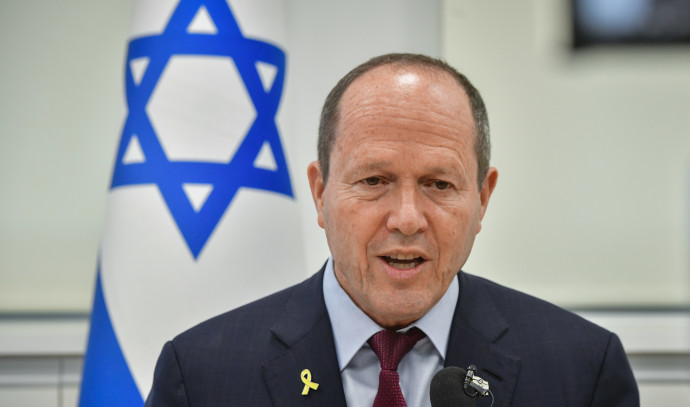Since its establishment in 1939 as a small dairy producer in Nahariya, the Strauss Group has been a prominent food manufacturer in Israel. With around 12,000 employees, half of whom are based in Israel, Strauss has been considered a stable and significant player in the Israeli food industry. However, recently, Economy Minister Nir Barkat expressed his disdain towards Strauss for failing to keep prices frozen despite commitments to do so. Barkat criticized Strauss for distributing hundreds of millions of dollars in profits to shareholders while claiming financial difficulties.
In addition to targeting Strauss, Barkat also called for a boycott of Osem, another food company. Companies placed on the economic blacklist/whitelist are subject to public scrutiny, and Barkat urged the Israeli public to hold accountable those who exploit them during times of peace and conflict. By choosing not to support companies on the blacklist, consumers can send a clear message against price hikes and unethical business practices. The economic blacklist was introduced by Barkat as part of efforts to protect consumers from rising prices during times of war.
Barkat emphasized the importance of consumer protection regulation and announced the inclusion of a black sticker on products that have raised prices without government approval. The move is aimed at helping consumers make informed purchasing decisions and holding companies accountable for their actions. Barkat’s call to boycott Strauss was accompanied by the company’s entry into the economic blacklist for disregarding price freeze commitments during the ongoing war. This move highlights the need for transparency and accountability in business practices during times of crisis.
Overall, Barkat’s efforts to protect consumers from rising prices are commendable. By introducing regulations such as consumer protection laws and economic blacklists/whitelists, he is sending a clear message that ethical business practices are not only important but necessary during times of peace and conflict. As consumers, we have a responsibility to support companies that prioritize our needs over their profits.



